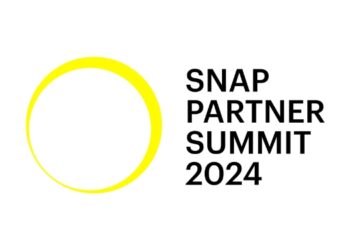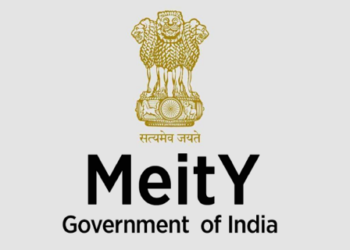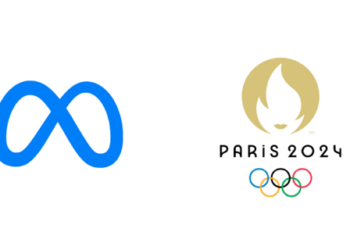Google claims it will bring faster search results to more than one billion people across the Asia-Pacific region following a series of deals with regional internet companies.
Google first announced the launch of ‘accelerated mobile pages’(AMP) for online news sites in October 2015 as a rival to Facebook’s Instant Articles. United States publishers The New York Times and BuzzFeed were among the first to adopt the program. However, the company later rolled out the initiative to the e-commerce sector, with eBay becoming an early adopter in 2016. Snapdeal, an Indian e-commerce website in India, has also been using been using the technology to boost its customer orders.
The Silicon Valley giant announced plans to expand its ‘accelerated mobile pages’(AMP) in China and Japan, which gives third-party websites access to Google’s open-source code that optimises web pages to make them load faster on mobile devices.
In China, Google has signed deals with the country’s search engines Baidu and Sogou. Together they account for around 90 per cent of the Chinese market. In Japan the platform will be rolled out through a partnership with Yahoo!, which has 58 million daily users.
Following the announcement at Google’s first AMP developer conference in New York, Google’s vice president for search and AMP project lead David Besbris wrote on a blog post that Baidu, Sogou and Yahoo! would join a “roster” of companies supporting AMP including Bing, Pinterest and LinkedIn.
He said: “The expansion underlines the value of AMP for publishers and websites who don’t have to customise anything for each of these platforms – [you] develop AMP pages once and they just work on all supported platforms.” LinkedIn has seen a 10 per cent increase in the amount of time spent in an AMP article compared with non-AMP articles, he claimed.
However, the programme has faced some criticism for reducing a platform’s flexibility when creating and styling a web page. In addition, although Google’s access code is free-to-use, websites will incur the costs of switching their backend coding to ensure it is AMP-optimised.
This may means there is a bias against smaller operators, who are unable to take on the cost of employing a developer to optimise their platforms. Especially given that Google previously stated it would give preferential treatment to AMP-optimised sites in search results.
















